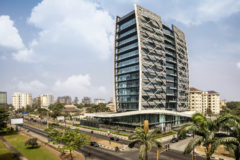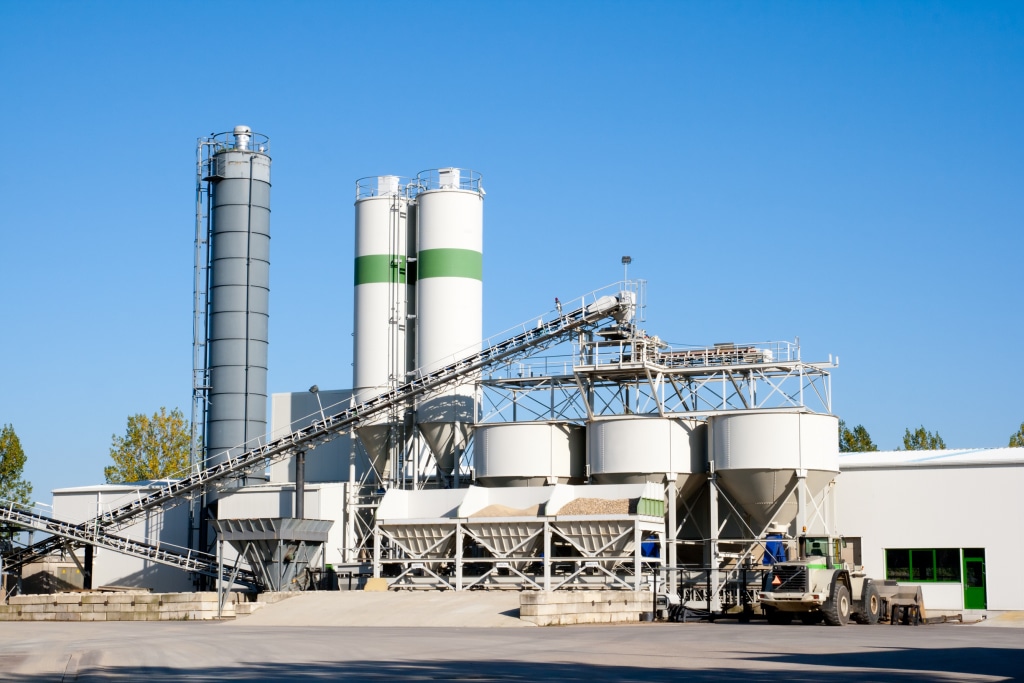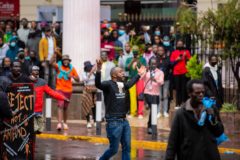Nigeria’s broadband penetration declined by 10.7% after Nigeria’s population commission adjusted the country’s population figures. Per the adjustment, only 40.48% of 216.7 million Nigerians had internet access by September 2023.
The adjustment caused a five-month delay in sharing the data. Aminu Maida, Executive Vice Chairman of the Nigerian Communications Commission (NCC), said the adjustments are appropriate to maintain the integrity of the telecom industry‘s data.
The adjusted figures show Nigeria still has some way to go in reaching a recent broadband penetration target of 70% by 2025 set in the Strategic Blueprint presented by Bosun Tijani, minister of communications, innovation, and digital economy. Broadband penetration refers to the amount of the internet access market that high-speed or broadband internet has captured.
The NCC said the previous calculation of the industry statistics was based on a 2017 projection of 190 million people. To align with international best practices, the NCC used the NPC’s 2022 projection of Nigeria’s population at 216.7 million to calculate the latest figures for September.
The adjusted calculation also led to a decline in Nigeria’s teledensity from 115.63% to 102.30% in September. Teledensity measures telephone penetration in a population.
However, active voice subscriptions witnessed a slight growth of 0.63% from 220.3 million to 221.7 million as of September 2023. Internet subscriptions grew slowly by 0.71%, from 159 million in August to 160.1 million in September.
On Saturday, Karl Toriola, CEO of MTN Nigeria, said that the rising cost of smartphones and other connectivity devices is primarily responsible for the continued digital inclusion gap in the country.






















